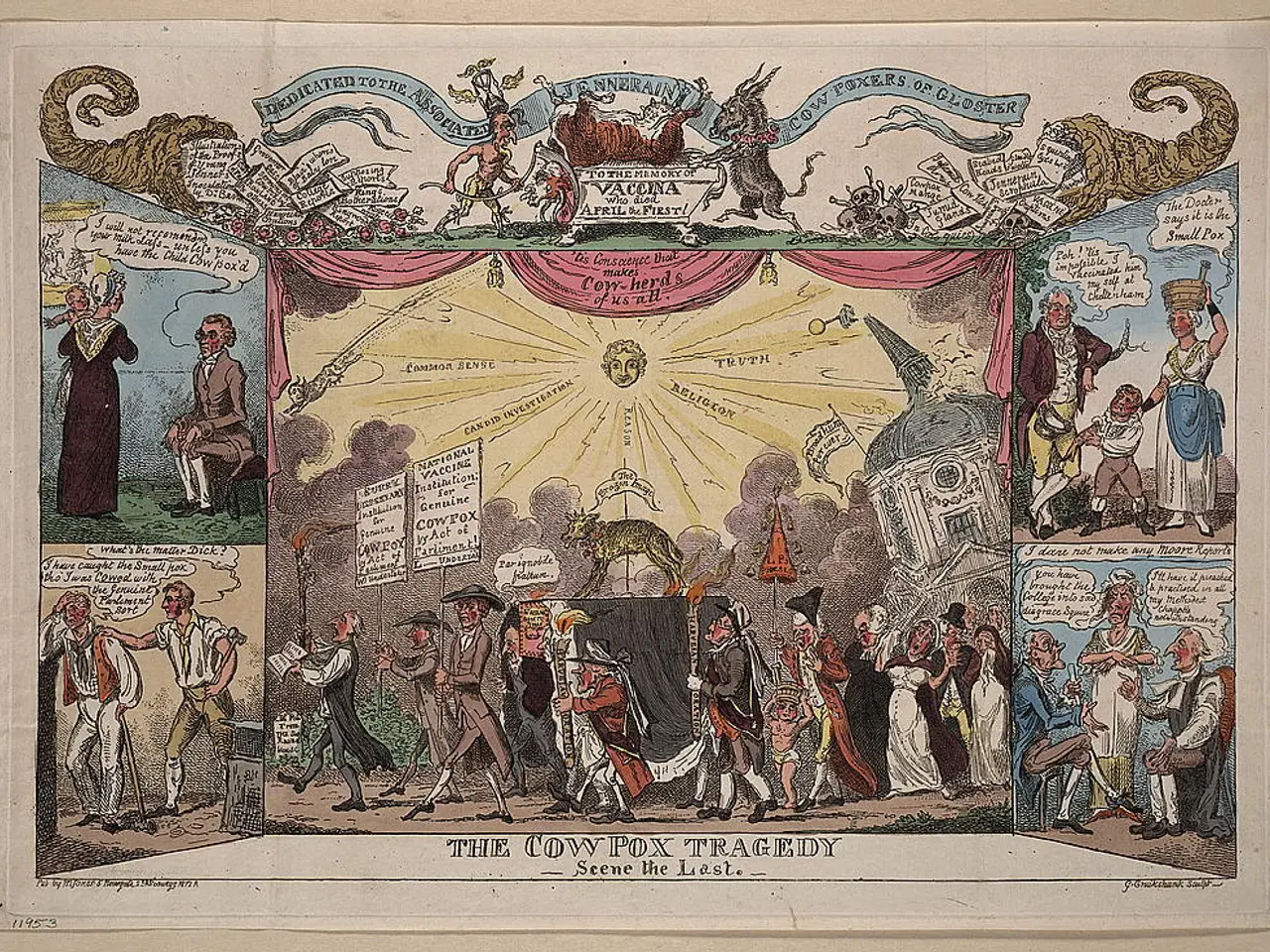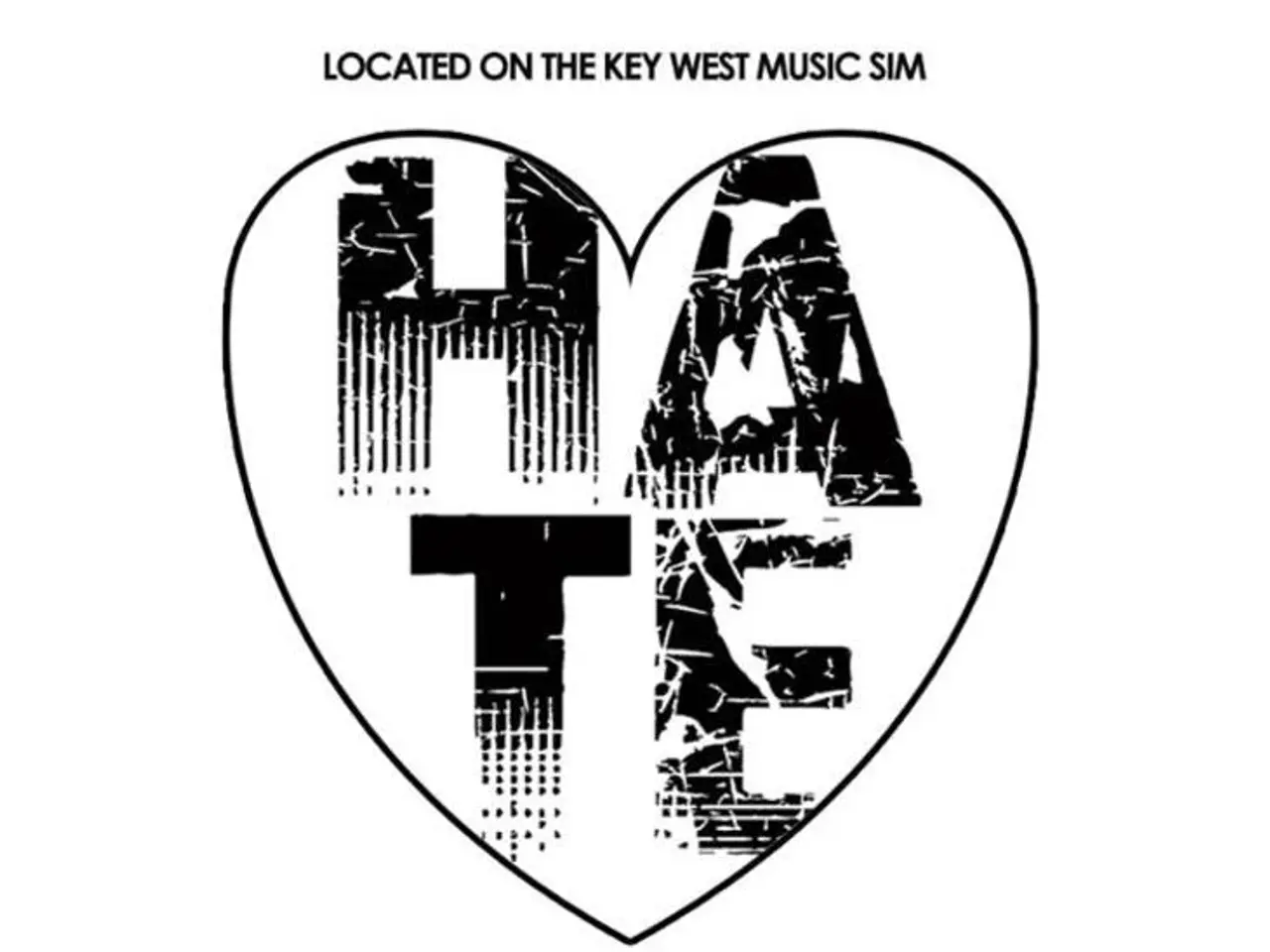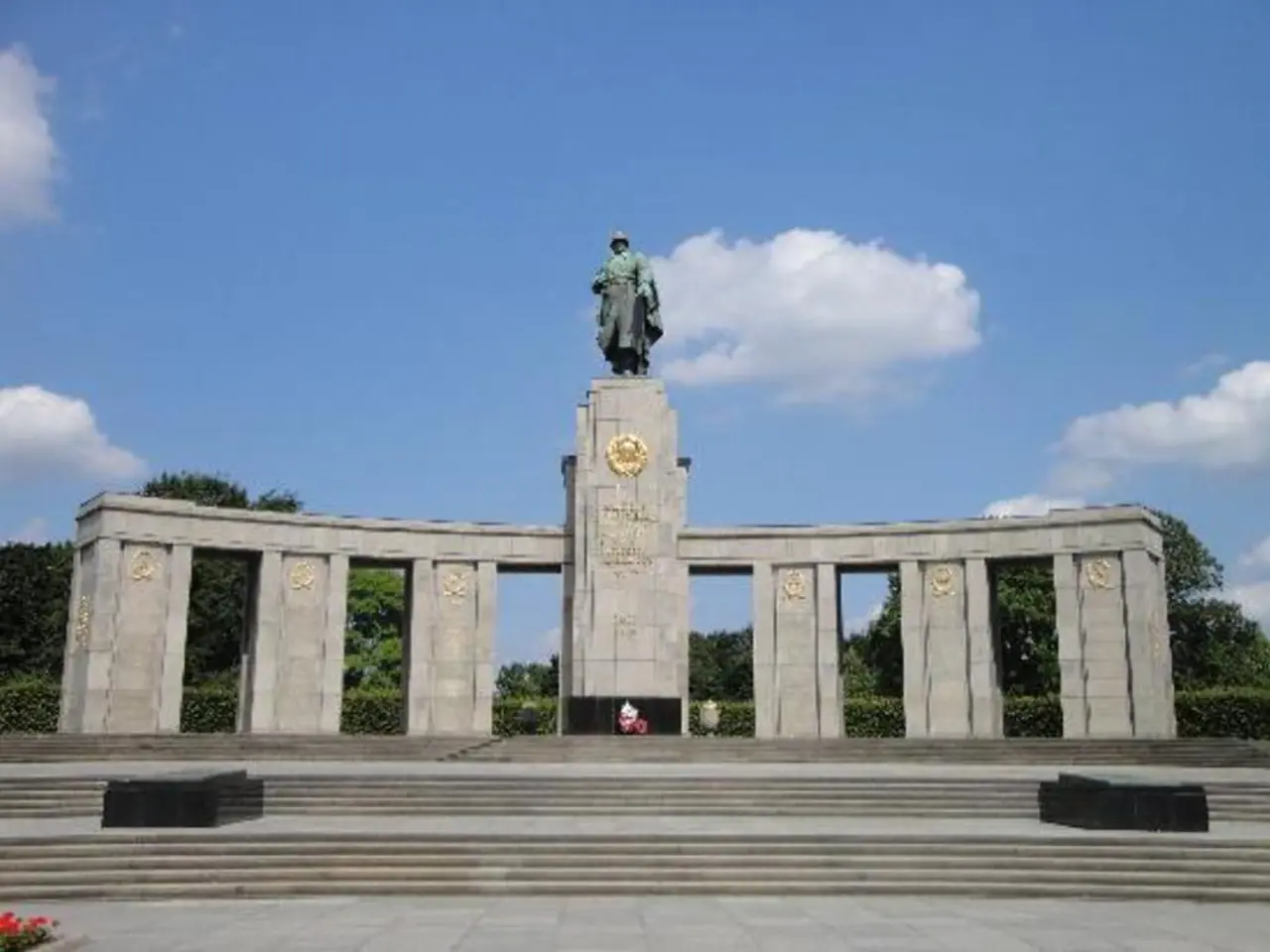Mali's former prime minister to face court over allegations in a social media publication
In the heart of Mali, a significant development unfolded as former Prime Minister Moussa Mara found himself in the midst of a legal battle. On Friday, Mara was formally charged with undermining the credibility of the state in connection with a social media post made on July 4, 2025. The post expressed solidarity with detained opposition figures, labelling them as "prisoners of conscience."
Mara's trial is scheduled for September 29, as stated by Mara's lawyer, Mountaga Tall. The charges and detention reflect the military junta's intensified crackdown on dissent after dissolving all political parties amid ongoing political unrest.
The specific details about the social media post that led to Mara's questioning and subsequent trial have not been disclosed. However, it is believed that the post angered the military-led government due to its implications that political prisoners are being detained for their beliefs, thereby challenging the junta's legitimacy.
Mara, a public figure in Mali, has been vocal about questioning the moves to dissolve political parties and grant a five-year mandate to the military government led by Assimi Goita. His detainment is part of a broader suppression of opposition voices since the military coups in 2020 and 2021 that brought the junta to power in Mali.
Despite the charges, Mara had been repeatedly questioned but initially allowed to return home before being officially charged and detained in early August 2025. It is important to note that he is not allowed to leave the country at this time.
Meanwhile, the case against Mara is taking place amid worsening insecurity in Mali, with Jama'at Nusrat al-Islam wal-Muslimin (JNIM), an al-Qaeda-linked group, responsible for a surge of deadly attacks in recent months. JNIM has amassed substantial resources through raids on military posts, cattle rustling, hijacking of goods, kidnappings, and taxes on local communities. Their battlefield tactics have grown increasingly sophisticated, according to analysts.
On July 21, Mara was barred from boarding a flight to Senegal to participate in a regional conference on peace and security. Unfortunately, no details about this conference have been provided.
Mali's army confirmed an ambush on a convoy of Malian soldiers and Russian mercenaries in the Tenenkou locality in central Mali on Friday, with JNIM claiming responsibility for the attack. However, neither statement provided a death toll.
Assimi Goita's five-year term as the leader of Mali's military government was formally approved last month. The five-year term can be renewed as many times as necessary as Mali struggles to respond to a long-running jihadist insurgency.
As the situation in Mali continues to evolve, the trial of Moussa Mara serves as a stark reminder of the challenges facing the country, both in terms of internal political strife and external security threats.
[1] Source for Mara's questioning and detainment [2] Source for Mara's trial [3] Source for the military junta's crackdown on dissent [4] Source for Mara's initial release and subsequent detainment [5] Source for the political unrest in Mali
- The sources for Moussa Mara's questioning and detainment can be found in the reports detailing the military junta's intensified crackdown on dissent after dissolving all political parties amid ongoing political unrest.
- Mara's lawyer, Mountaga Tall, announced the date for Mara's trial, which is scheduled for September 29.
- The specific details about the social media post that led to Mara's questioning and subsequent trial have not been disclosed, but it is believed that the post angered the military-led government due to its implications that political prisoners are being detained for their beliefs, thereby challenging the junta's legitimacy.
- This information about Mara's initial release and subsequent detainment can be found in the reports following Mara's vocal criticisms of the moves to dissolve political parties and grant a five-year mandate to the military government led by Assimi Goita.
- The sources for the political unrest in Mali include the reports detailing the military coups in 2020 and 2021 that brought the junta to power in Mali, as well as the ongoing jihadist insurgency that the country is struggling to respond to.







